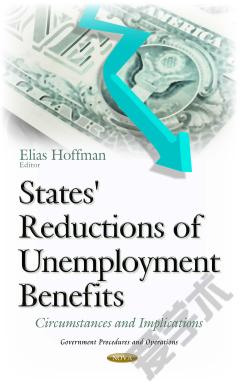Job Leave Benefits: Types, Policies and Laws in the U.S.
In addition to their jobs, workers have obligations (civic, familial, and personal) to fulfill that sometimes requires them to be absent from the workplace (e.g., to serve on a jury, retrieve a sick child from day care, or attend a funeral). The U.S. government generally has allowed individual employers to decide whether to accommodate the non-work activities of employees by granting them leave, with or without pay, rather than firing them. In other countries, national governments or the international organizations to which they belong more often have developed social policies that entitle individuals to time off from the workplace (often paid) for a variety of reasons (e.g. maternity and vacations). This book examines the incidence of different types of paid leave that U.S. employers voluntarily provide as part of an employee's total compensation.
{{comment.content}}








 京公网安备 11010802027623号
京公网安备 11010802027623号